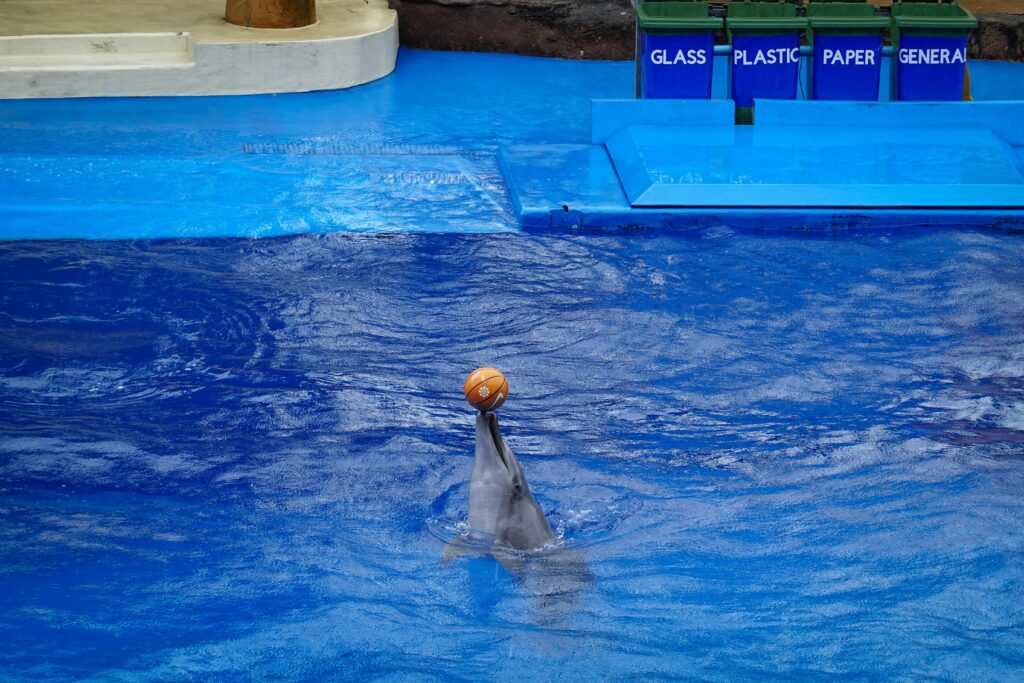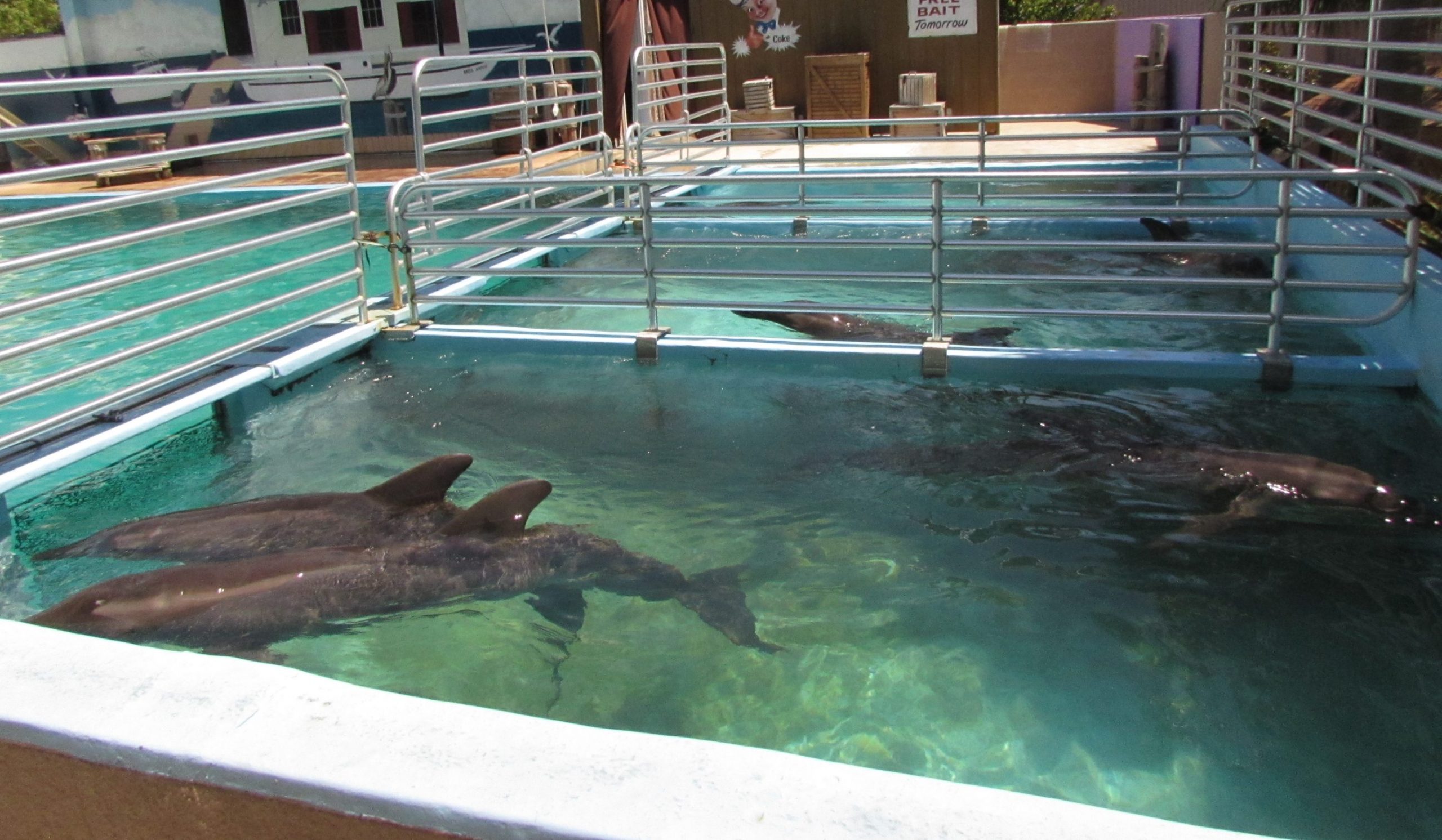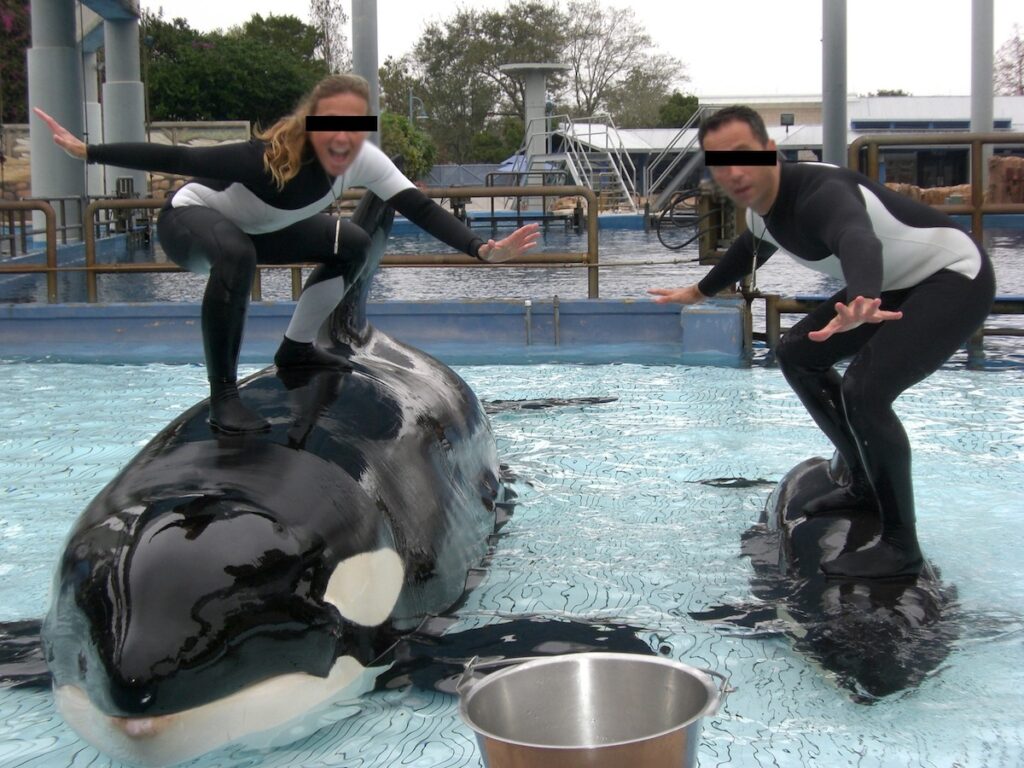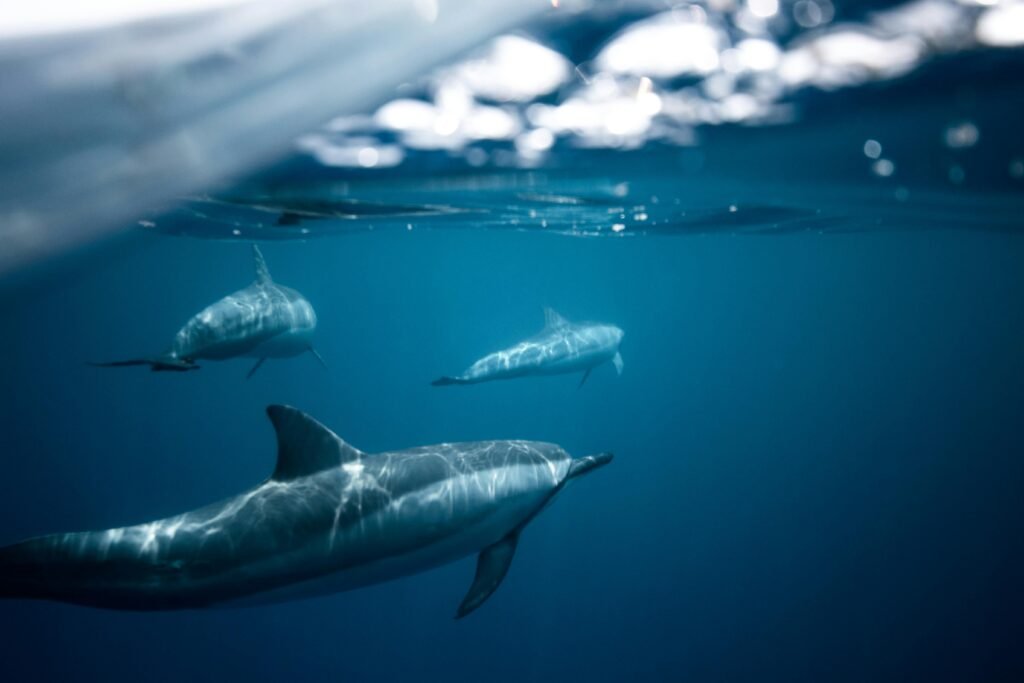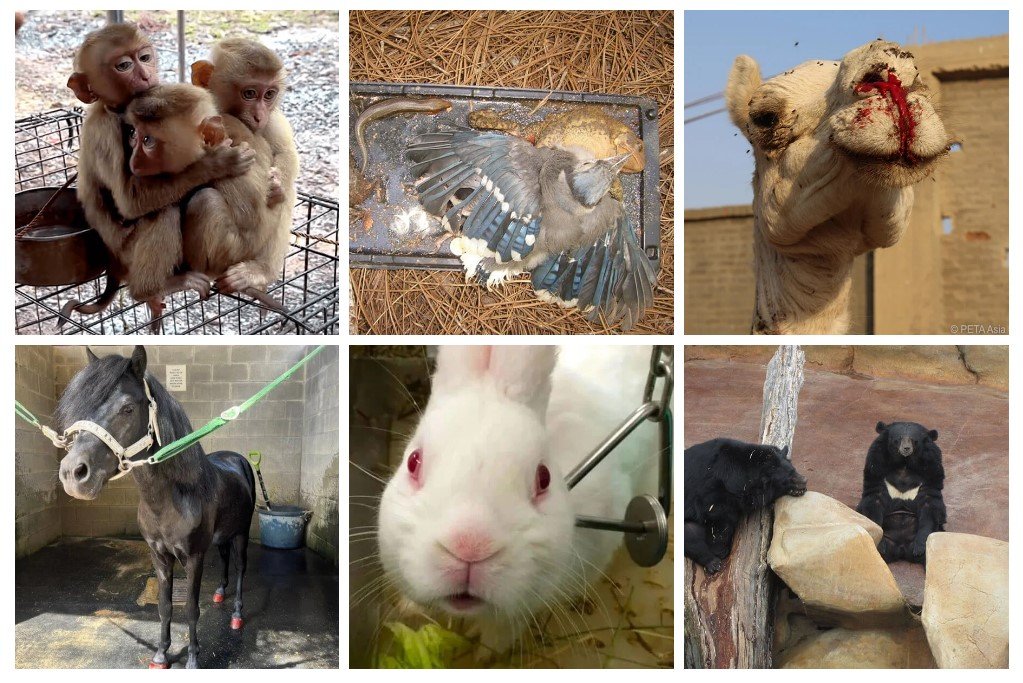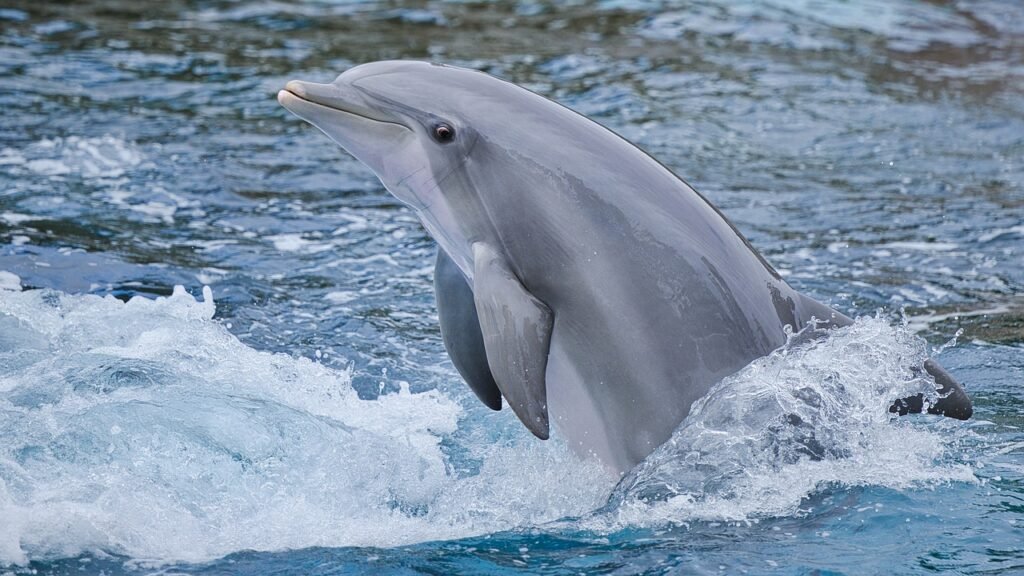Don’t Buy A Ticket
Celebrities Speak Out Against SeaWorld – A Powerful Stand for Dolphins & Whales in Captivity
There’s a growing chorus of voices—powerful, passionate, and impossible to ignore—coming from some of the…
Say No to dolphin suffering | #dolphin #shorts
[ad_1] Say No to dolphin suffering | #dolphin #shorts [ad_2] Source link
<div…
Dolphin Project is Back in Taiji
Dolphin Project has returned to the ground in Taiji, Japan, where the dolphin drive hunt…
Sustainable Action Now asks you to Take Action Now—Say Goodbye to 2024 by Taking Action on 24 Urgent Campaigns
As we approach the end of 2024, there’s no better time to reflect on how…
Europe’s Largest Marine Animal Prison Is Closing: A Victory for Animals and Activists
In a landmark victory for animal rights activists, Le Marineland d’Antibes (Marineland France), Europe’s largest…
Wild Dolphins Found with Microplastics in Their Breath A New Study Reveals
In a groundbreaking study published in PLOS One, scientists have uncovered the presence of microplastics…
